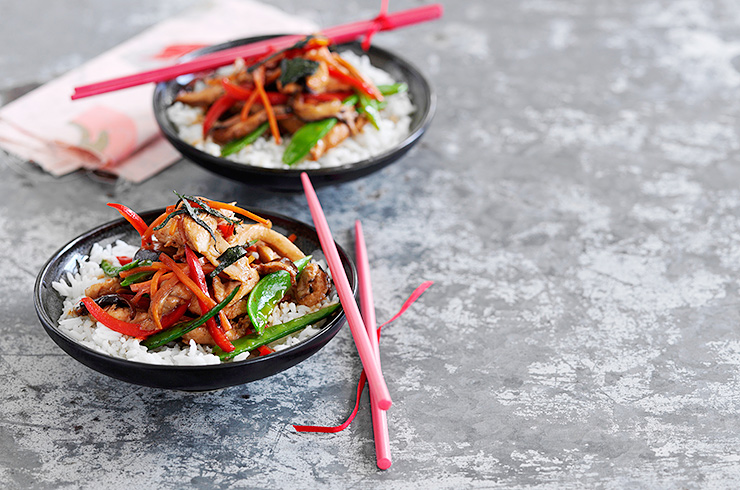How to look 20 when you’re 40: the secrets of the youth of Japanese women that everyone needs to know
Today, Japan ranks second in terms of life expectancy: on average, the Japanese live 83.5 years, giving way to Hong Kong (84 years). Surprisingly, at the end of the 19th century, this figure was much smaller – the Japanese lived no more than 40-50 years. Modern residents of the Land of the Rising Sun live much longer and look great at the same time, and stories about the forever young and surprisingly slim Japanese women will last forever!
How do Japanese women manage to look at 20 when they are 40? Firstly, Japan has a high standard of living. Secondly, Japanese women love themselves. And finally, Japanese girls sacredly observe three rules: they eat only healthy food, regularly go in for sports and competently look after their appearance. In our article, 7 secrets of beauty of Japanese women, which are worth taking note.
Secret number 1

vegetables and cereals are the basis of the Japanese diet
Have you ever seen a fat Japanese girl? We have not! Everyone who comes to Japan is surprised that they eat here a lot, but they do not get fat. This is due primarily to the characteristics of the diet. The Japanese menu has a lot of seasonal plant foods (vegetables, beans, fruits), fish, seafood, cereals, in particular, rice of very high quality. If the main course is served at the table, then there will be about 30% of meat or fish in it, the rest is vegetables. The second, no less important factor: Japanese cuisine is an instant cuisine. This method of cooking allows you to save the maximum amount of nutrients. In addition, salt and spices are practically not used in the cooking process. Dishes are complemented by light “seasonings” based on soy sauce and vegetable oils.
Secret number 2

The philosophy of proper nutrition of Japanese women taught since childhood
As soon as a child enters kindergarten or school, they begin to accustom him to healthy, natural food. Much attention is paid to ensure that he ate everything. Dietitians develop a system of preschool and school nutrition, which very gently expand the baby’s diet. For example, out of two not-so-favorite foods, they suggest choosing one and eating half a serving. Moreover, monthly, the student’s parents receive a nutrition table from the nutritionist, which describes in detail what foods and in what quantity their child needs to eat.








